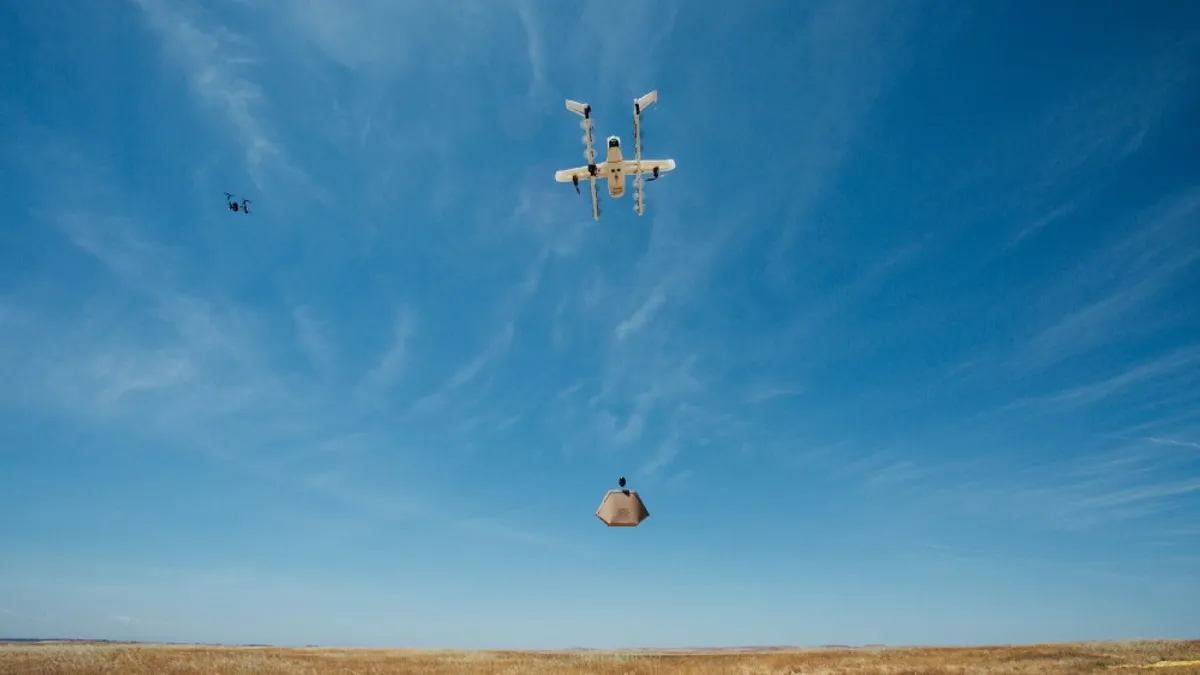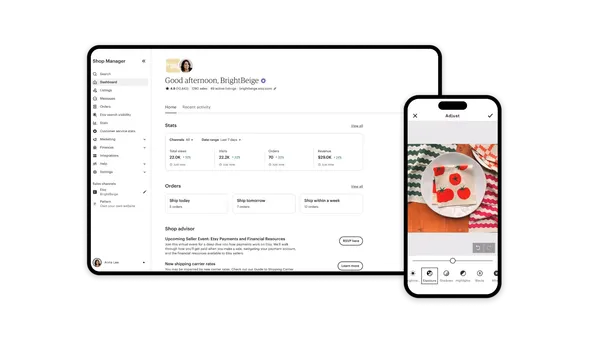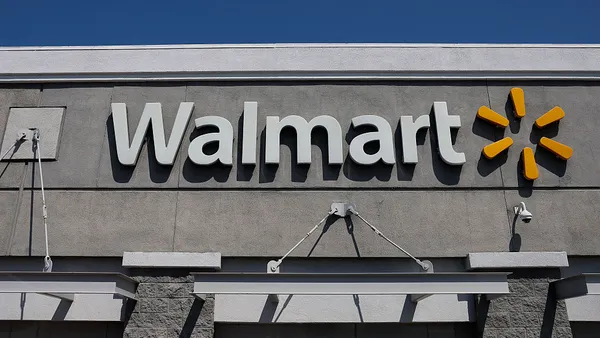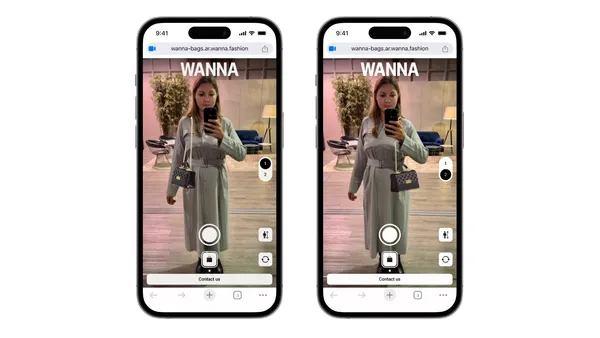Dive Brief:
- Alphabet's Wing Aviation has been cleared for take off as the first drone company granted an Air Carrier Certification from the Federal Aviation Administration (FAA). This will allow it to begin drone delivery from commercial businesses to personal residences, the company announced Tuesday.
- Wing has been working with Virginia Tech's Mid-Atlantic Aviation Partnership (MAAP) as part of the FAA Drone Integration Pilot Program (IPP). The approval comes more than two years after Wing and Virginia Tech demonstrated their delivery ability by flying Chipotle burritos to college students.
- The company plans to begin reaching out to businesses in Southwest Virginia in the coming months to demonstrate the technology "with the goal of launching a delivery trial later this year."
Dive Insight:
The certification marks the first time a company in the United States has been given clearance to deliver commercial goods by drone.
"Until now there hasn’t been a clear pathway for traditional aviation regulations, which were designed for manned aircraft, to accommodate [commercial drone delivery]," MAAP Director Mark Blanks said in a statement. He called the granting of certification a "milestone" for the industry.
The certificate granting approval to Wing does not come from the traditional drone regulations — Part 107 — but instead from regulations that cover charter flights, according to The Washington Post. The regulations allow Wing to deliver cargo for hire beyond the line of sight.
Wing said it has completed more than 70,000 test flights and "3,000 deliveries to doorsteps, driveways and backyards of our customers in Australia."
Drone delivery has been a major focus of the drone IPP with other test locations focusing specifically on the delivery of medical supplies between hospital locations. This includes UPS' work with the drone company Matternet to deliver medical supplies. "The addition of drone transport provides an option for on-demand and same-day delivery, the ability to avoid roadway delays, increase medical delivery efficiency, lower costs and improve the patient experience with potentially life-saving benefits," UPS said in a press release.
This work by UPS and the approval for Wing to begin commercial delivery suggest the IPP demonstrations showed applications mature enough to garner support from the FAA. And it could be a positive sign for other companies that have shown interest in entering this space. But what this means for the future of drone regulations — which still make it hard to fly beyond the line of sight and over people — remains unclear.














